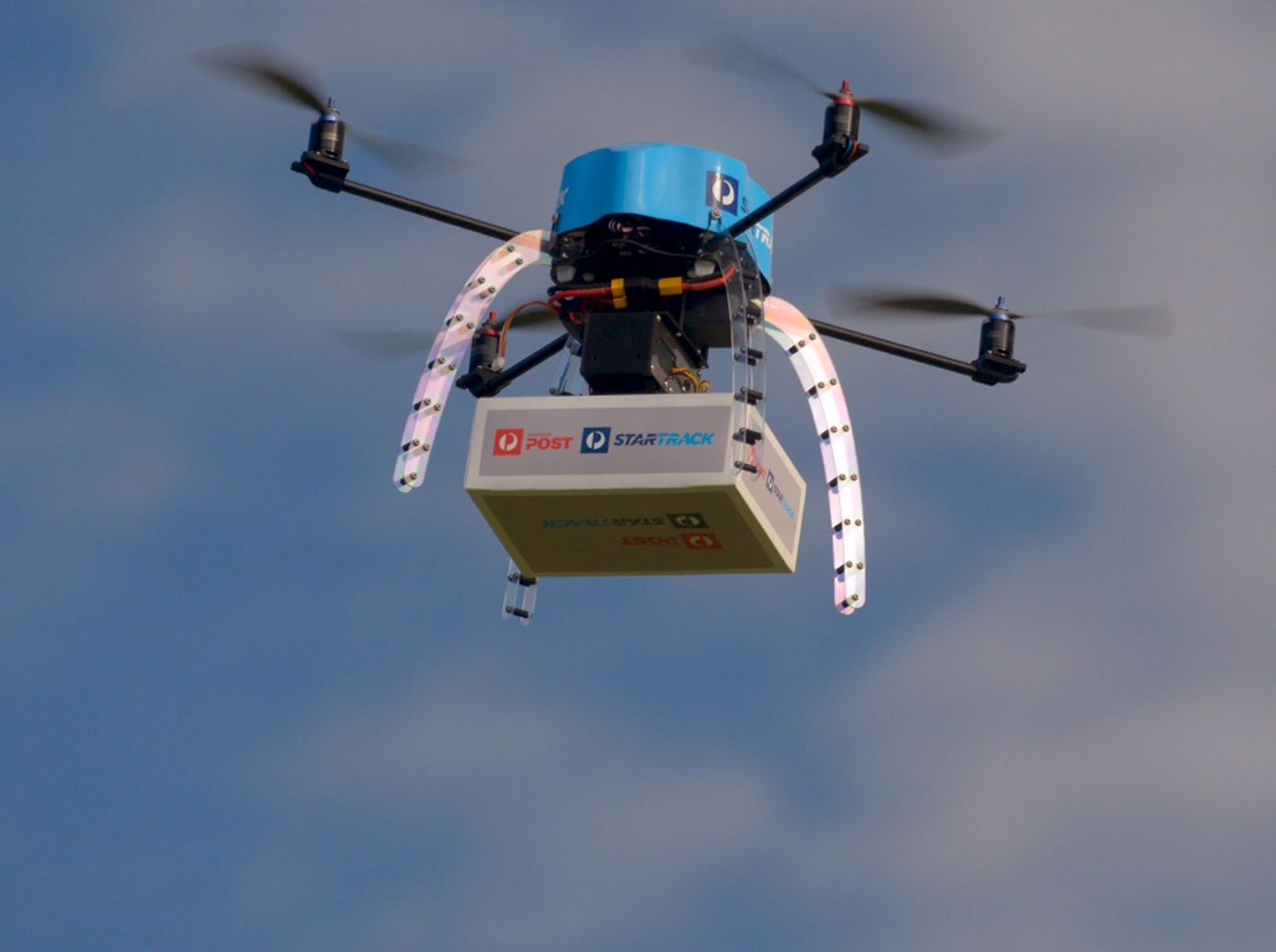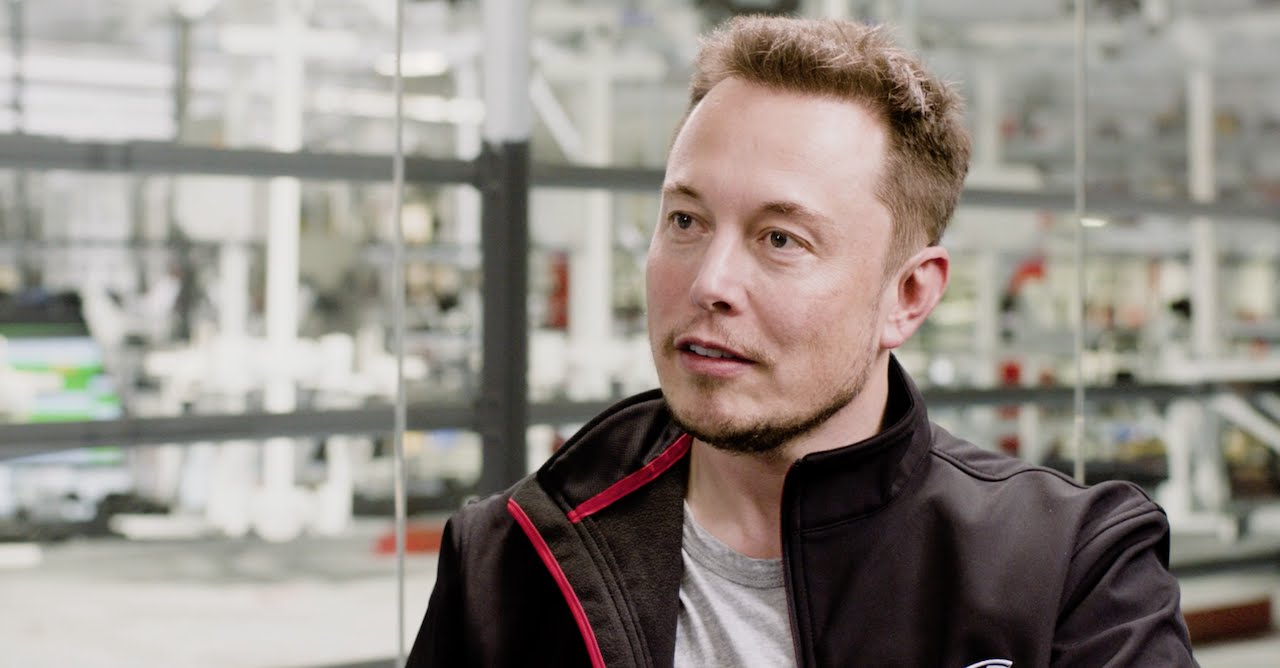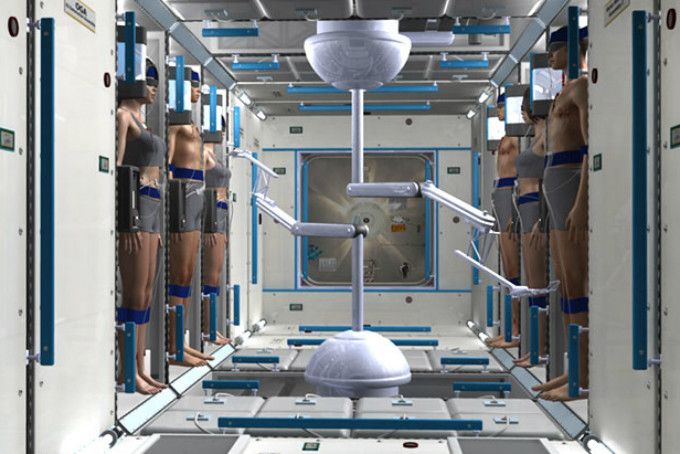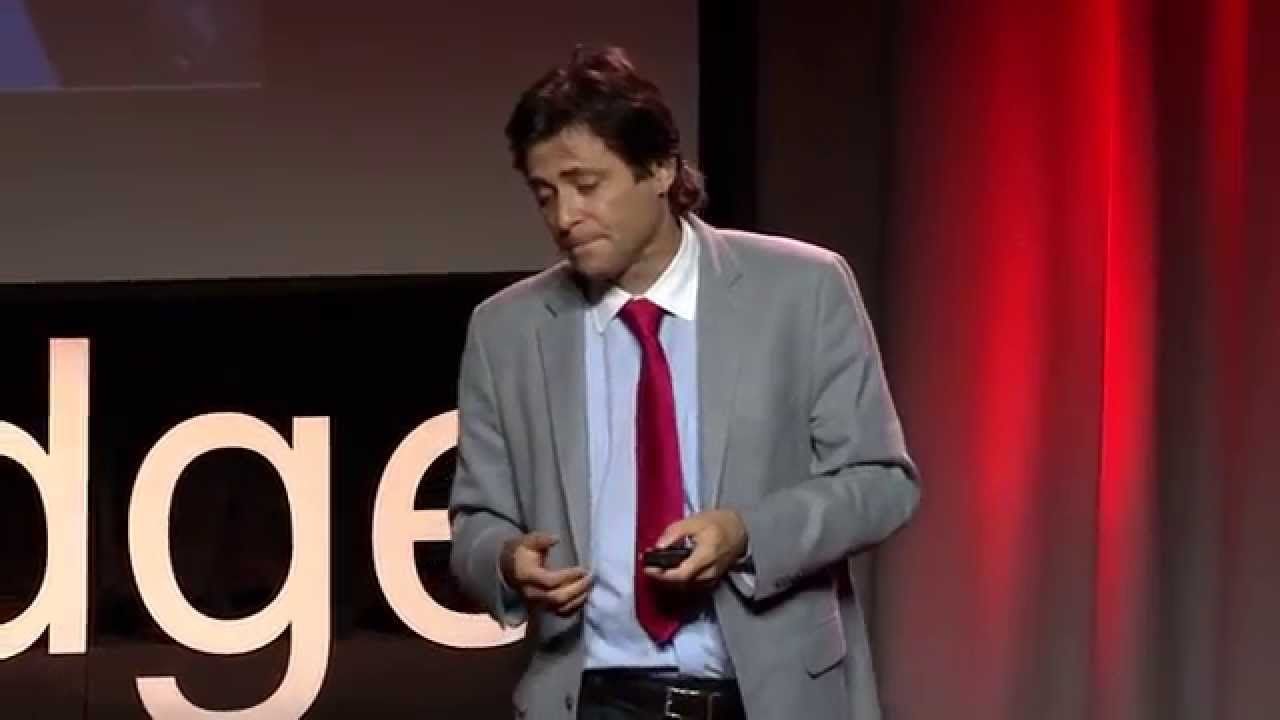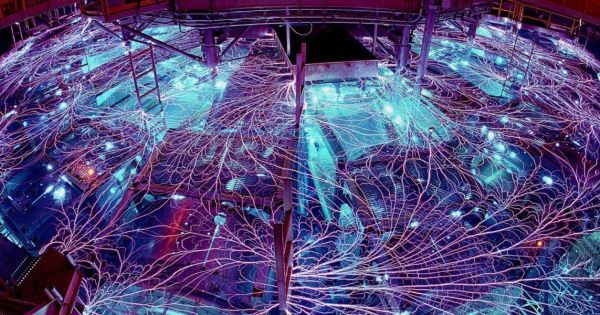The federal government should work with private firms to develop drone traffic management systems and test drone designs. This could help stimulate the development of drone aviation. It could also help modernize the air traffic control system.
In a new interview, Elon Musk identifies genetics, AI, and brain bandwidth as three areas in which today’s youth can have the biggest impact on the future. However, he doesn’t think an idea needs to be revolutionary to be worthwhile.
While many 2o-something-year-olds are just finding their way in the world, young Elon Musk was already looking for ways to change it way back in 1995 (when he was that age).
In a well-known 2015 discussion with Neil deGrasse Tyson for the physicist’s StarTalk Radio podcast, Musk lists the five things he thought would most affect the future of humanity (the internet, sustainable energy, space exploration, artificial intelligence, and rewriting human genetics).
Consciousness isn’t something scientists like to talk about much. You can’t see it, you can’t touch it, and despite the best efforts of certain researchers, you can’t quantify it. And in science, if you can’t measure something, you’re going to have a tough time explaining it.
But consciousness exists, and it’s one of the most fundamental aspects of what makes us human. And just like dark matter and dark energy have been used to fill some otherwise gaping holes in the standard model of physics, researchers have also proposed that it’s possible to consider consciousness as a new state of matter.
To be clear, this is just a hypothesis, and one to be taken with a huge grain of salt, because we’re squarely in the realm of the hypothetical here, and there’s plenty of room for holes to be poked.
The implications of the discovery of hydrogen in a metallic form make it a subject of great fervor. Teams are racing toward its use as a superconductor as well as a means of better understanding the universe.
The simplest and most common element, first in the periodic table, shouldn’t be difficult to crack, right? “What could be more simple than an assembly of electrons and protons?” asks Neil Aschcroft, a theoretical physicist at Cornell University. Yet, its supposed metallic form is quite the opposite. Apparently, the physics of hydrogen becomes more complex at high pressures. A sort of mega-evolution.
Hydrogen is naturally at a gaseous state, at room temperature and under atmospheric pressure. But hydrogen becomes solid, given enough of a forceful squeeze or at low temperatures. It also can transform into a liquid, if heat is added while squeezing. What is more confounding is the supposed ability of hydrogen, theoretically, to transform into metal if more extreme conditions are applied.
Fantastic review! I will DEFINITELY be giving this series a go when it premieres very early next month!
This show, like the novel it’s based on, will explore many major transhumanist (and humanist, for that matter) themes. What do you think? Will you be watching too?
Allison Keene reviews the first four episodes of the upcoming HBO drama Westworld, which stars Evan Rachel Wood, James Marsden, and Anthony Hopkins.
